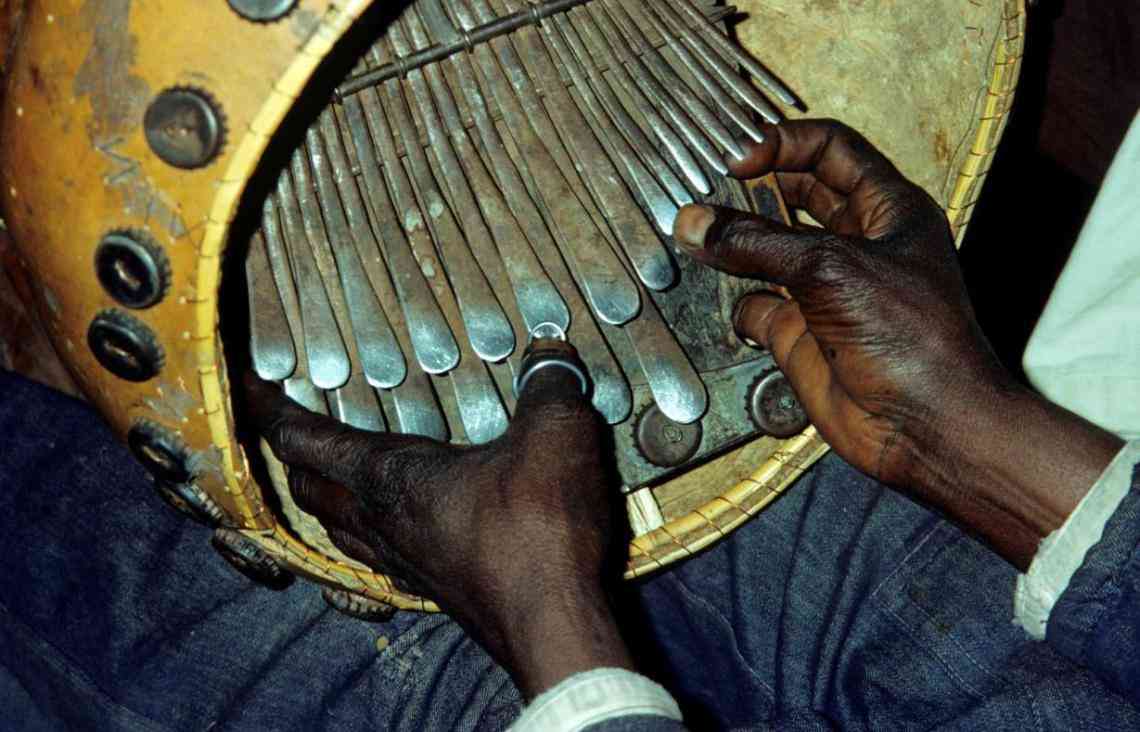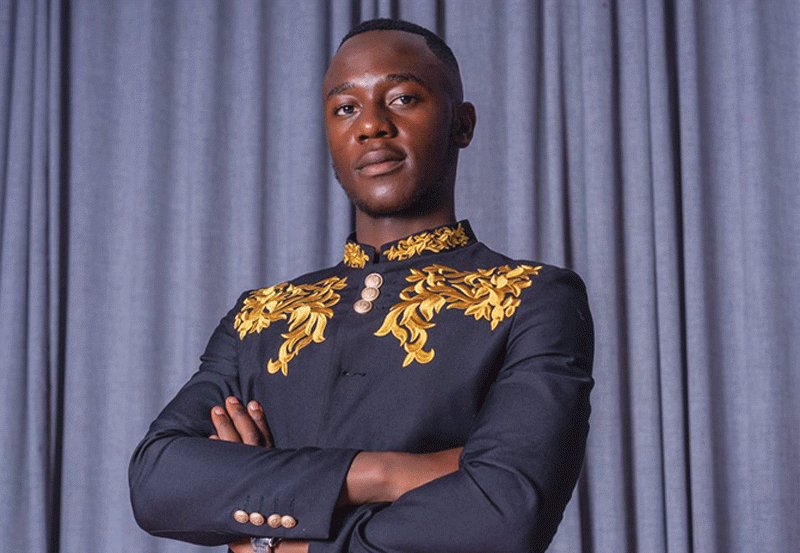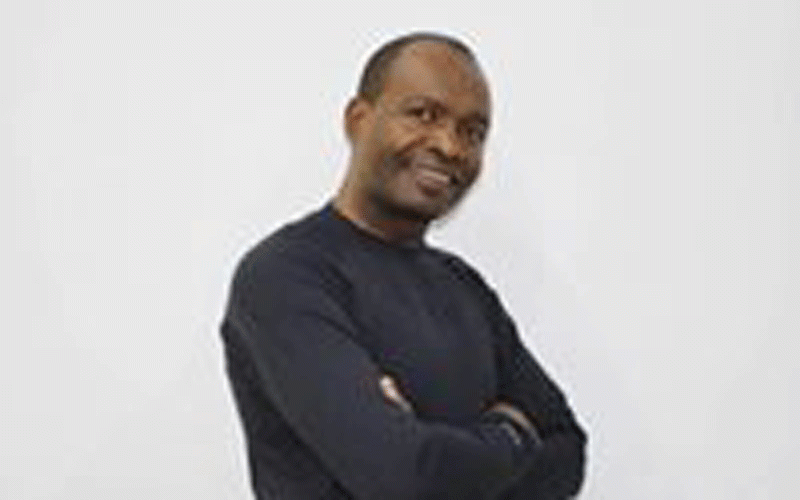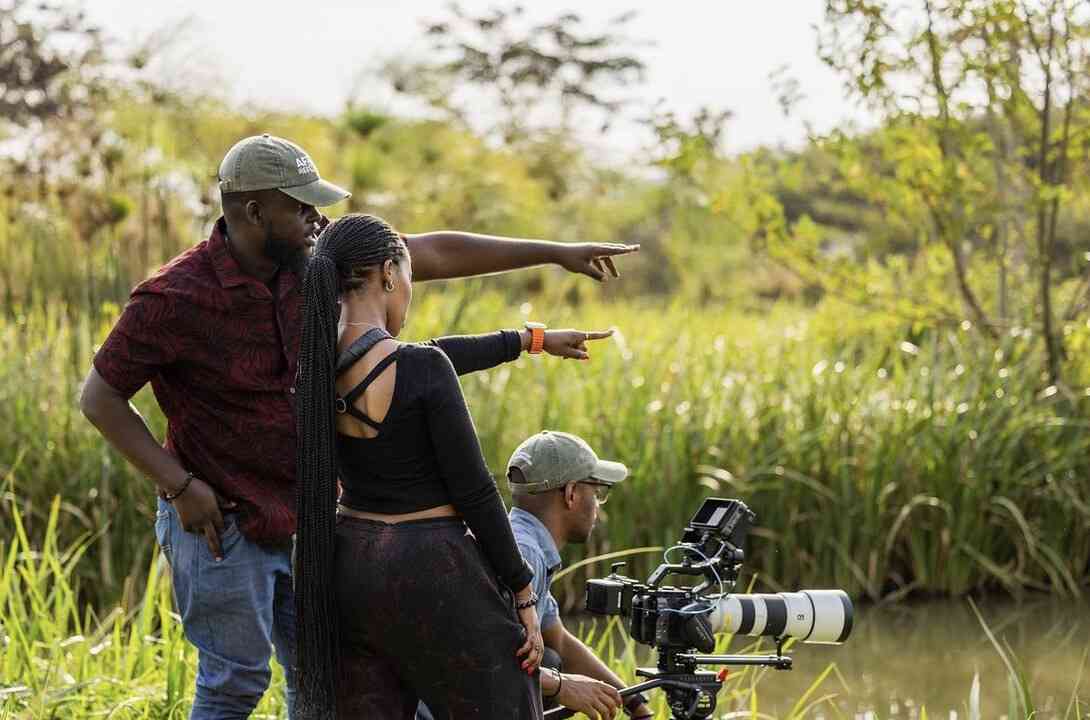
To most people Hilton Mambo is Zimbabwe’s most “groovy” and eloquent radio presenter with a long service record. For decades his smooth, cool, unique and entirely unmistakable husky voice has endeared him to many a radio listener with a taste for jazz, soul, blues and rock.
In this candid interview with NewsDay correspondent Munya Simango (ND), Hilton Mambo (HM)’s musical prowess and his contribution to Zimbabwe’s music industry and entertainment is revealed.
ND: Hilton Mambo, thank you for taking the time to speak to NewsDay readers. Besides being one of Zimbabwe’s top radio presenters, you are also an accomplished musician in your own right. Tell us, who exactly is Hilton Mambo? Tell us more about your background.
HM: I grew up in a family that was passionate about music. My mother used to sing in church and one of my brothers used to sing in a choir and they used to perform at tea parties and concerts. Later I stayed with my other brother in Highfield. Now this one used to play all the cool music of the time — Nat King Cole and the type.
ND: And how did this influence your career choice?
HM: Now when you are exposed to so much music, it sinks into your whole being and as a natural progression I became part of my first band with Clancy Mbirimi, David Ndoro and Madi in the early 70s. I also played with several bands in that period including Boyke Moore’s Soul and Blues Union, Michael Lanas and a 13-piece all-white band made up of students from the then University of Rhodesia.
ND: You have been described as a musician and radio presenter of exceptional and unique talent. Do you acknowledge that?
HM: I was just fortunate enough to work with people who knew what they were doing and I picked up the experience to do my job.
- Chamisa under fire over US$120K donation
- Mavhunga puts DeMbare into Chibuku quarterfinals
- Pension funds bet on Cabora Bassa oilfields
- Councils defy govt fire tender directive
Keep Reading
ND: What are some of the milestones that you have achieved so far?
HM: My life has always been music and I have been gaining experience and know-how in broadcasting and recording engineering. I have also developed the ability to reach out and touch people’s lives in a positive way . . . Yeah . . .
ND: Yeah, that word, said in your unique manner has become your signature word or trademark if you like, tell us more about that, what are you saying to the audience when that comes out?
HM: Hey, that is deep. It normally comes out after I play a particularly good piece of music that touches me to the core, man. It’s like you go deep into the music . . . and there are no words to describe really good music.
ND: Tell us more about your career as a recording engineer.
HM: Back then I worked with some of Zimbabwe’s best musicians including Thomas Mapfumo and the Hallelujah Chicken Run, Oliver Mtukudzi, Zexie Manatsa, Simon Chimbetu and Crispen Mathema.
ND: Tell us about your family, what is your family like?
HM: I am lucky to have this really cool family; I have six grandchildren and I love them to bits and there is another one on the way. Then there is my friend, my wife Eleanor, she is my best friend and I go everywhere with her.
ND: Professionally, what are you currently up to and what are your plans for the future?
HM: I am back on radio and I still do a lot of DJ work in clubs and at private functions for the mature; I do a lot of wedding anniversaries, birthday parties and so on. I recorded only one single, With You In My Life, written by Bruce Knear and I would like to record an album in the future.
ND: What music industry challenges do you think Zimbabwe needs to urgently address?
HM: Piracy, musicians copying one another and lack of formal music education. Musicians should go to the Zimbabwe College of Music and learn to read and write music, compose music and structure arrangements. It drives me nuts to listen to a poorly arranged 18-minute song with one or two chords. Government should assist by creating more music colleges in communities and employing qualified music teachers.
ND: What is your view of today’s jazz scene?
HM: Man, it’s vibrant, we have more acts . . . better acts and some festivals too. I would like to encourage more sponsors to come in and support jazz festivals so that we can have them in all the towns. It was wonderful when we used to travel to Mutare with Sam Mataure for the Mutare Jazz Festival in the 90s.
ND: What do you see as a role for musicians in African society?
HM: When we grew up musicians were regarded as rombes (directionless people), one had to be secretive if one was interested in being a musician. However, today’s musicians like Oliver (Mtukudzi) have done very well, he has built a music centre, a studio and he regularly tours the world flying the national flag high.
ND: What advice would you give to today’s youth?
HM: Education, education, education, go to school, learn to read and write music.
ND: Hilton Mambo, thank you so much for your time.











